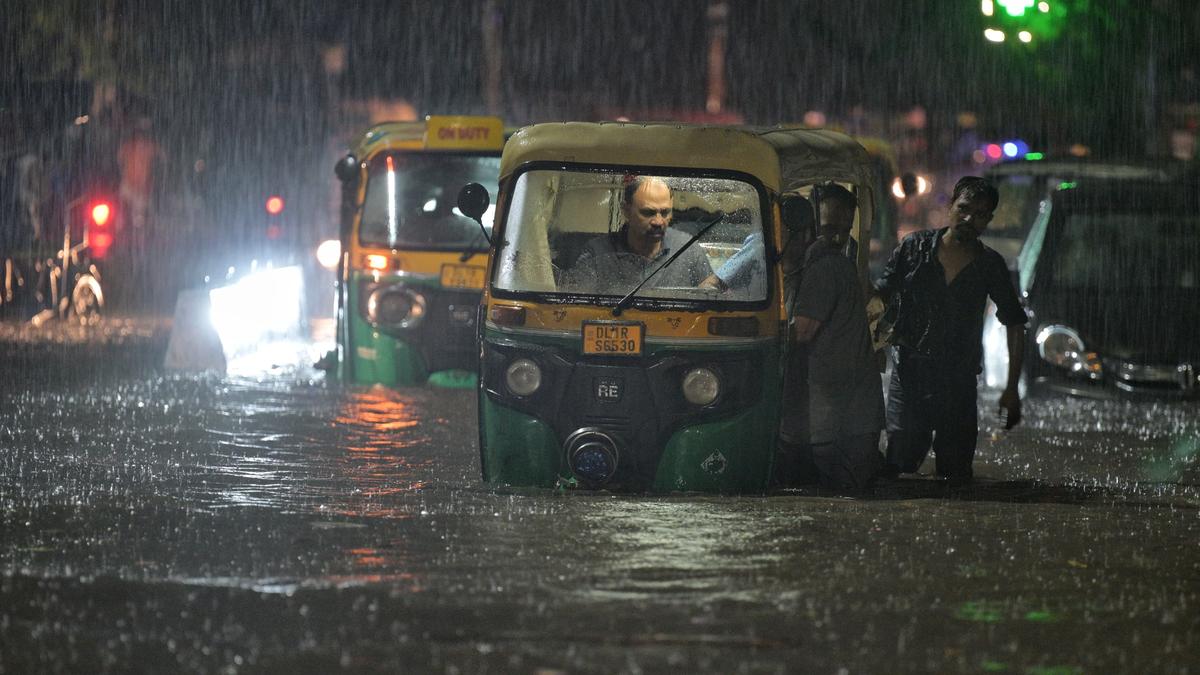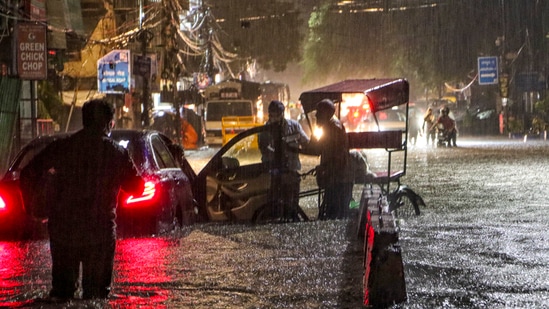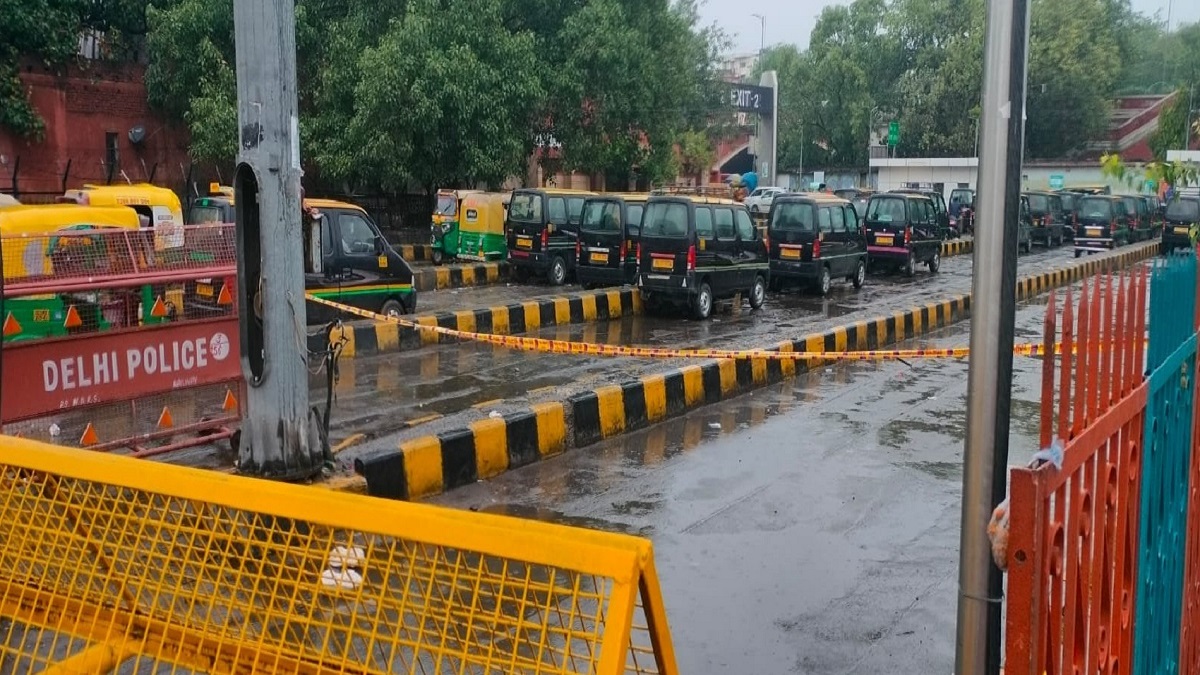When you care for someone deeply, you are bound to fear for them. Only, it’s not the nicest feeling to be constantly surrounded by it. But Delhi has managed to do that. The city has somehow managed to change normal living into constant rational fear of what may happen to someone you love and care for. This is rational because there is no way justifying that the city is safe. It’s far from safe. You cannot guarantee safety anymore. And now, everyone is suddenly looking to place blame, because when things get extreme, it also almost becomes too late to undo damage.

Last night is just one recent instance that comes to mind. As the city was covered in knee-deep water, all we really wanted was to come back home. And coming back home felt impossible to many. It was tough in some way or the other – and this is from someone who comes from certain privilege. Which goes on to say so much about the people who lack it. So as the city was mostly waterlogged and facilities had failed, everyone struggled in ways that we didn’t see coming.
A 22-year old woman and her child drowned because of waterlogging last night. This was when she was out to run errands. Which only adds to how doing normal things and living a normal life also feels dangerous here. This was a person who wasn’t even very far away from her place. And this was also one of those times where preparedness failed, because we just hadn’t imagined the extremity of things. Sure a natural calamity is usually not very easy to prepare for anyway, but in this case it was more about the incapacitates of the authorities in place. Where basic amenities failed – making something as simple as getting things from the market was alarming.

This is not just one incident but a series of them that actually create a pattern. A pattern that is largely appalling for a city that is considerably faster and presumably better than smaller towns. In another incident some time ago, the roof at the Delhi airport collapsed which led to a person’s death as he sat in a parked car. A roof is the literal epitome of a shelter, and to not be able to feel safe under a shelter says a lot about it. And to think that this happened at a supposedly better built area in the city.
Which raises so many other questions around how a city like Delhi fails so often in providing basics like safety and peace. This is when we do not expect much of it. But no, here, the feeling of expecting even a little bit ends in failure. What Delhi nights mean for women is more proof of it. That is not to say that women are safe in other cities. But when you live in a place that is often referred to as the ‘rape capital’, there is not a lot of justifying you can do for it. If anything, you feel more anger at how this lack of safety takes away from your life and choices.

And all of this anger is justified, it should be. You cannot be expected to look the other way when your home constantly fails you and everyone else around you. In this case, Delhi is our home. At this point, however, it is very hard to defend it when others place blame on it. Incidents on incidents point at the repetitive negligence and lack of concern for the citizens by policymakers and authorities.
Very recently, a student was electrocuted while coming back home as he came in contact with electric cables that protruded from the ground. We constantly work hard to better our living conditions so that coming home is considerably guarded. But common carelessness has caused harm to too many lives lately, and no one takes accountability for it.

Months ago, the roof of a mall had collapsed in the southwest area of the city. Not long before, a similar incident happened when a portion of the Gokulpuri Metro station’s platform crumbled. Again, these are both instances where the infrastructure was considerably better than most places in the city (or rather, country).
In the city, being outside is never totally safe – you are always surrounded by dread. Delhi has started doing that to people. It reminds us that you can claim a city as your own, love it, fight for it, but it may not always reciprocate – and you are on your own. Everything seems to be out to get you, and when it feels like you can trust the walls of a place you are used to, you are proven wrong. The recent incident at the coaching center for UPSC aspirants is just one example.

What this all comes down to is how Delhi can easily take away the simple feeling of knowing peace. And don’t get me wrong, when we blame a place, we should know what a place really stands for. It is made by its people and its policy makers – so when it fails, we all fail.

















